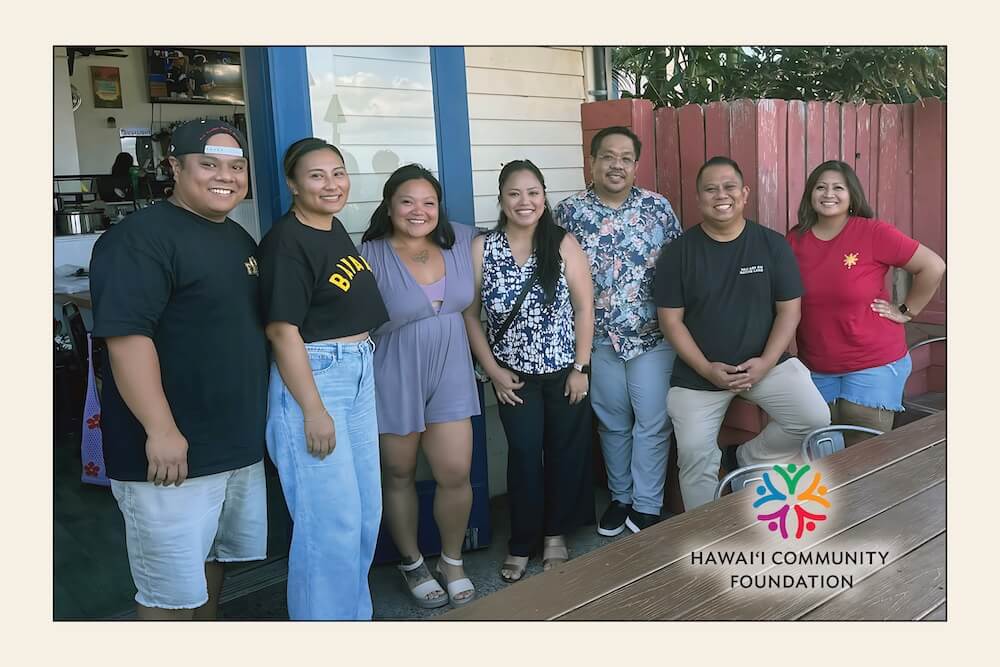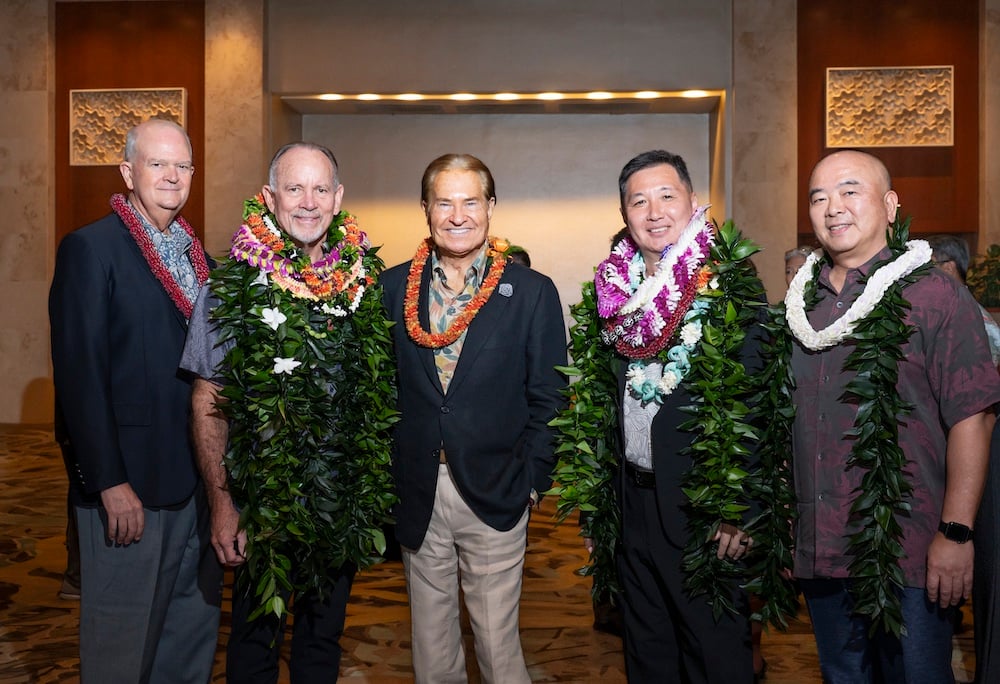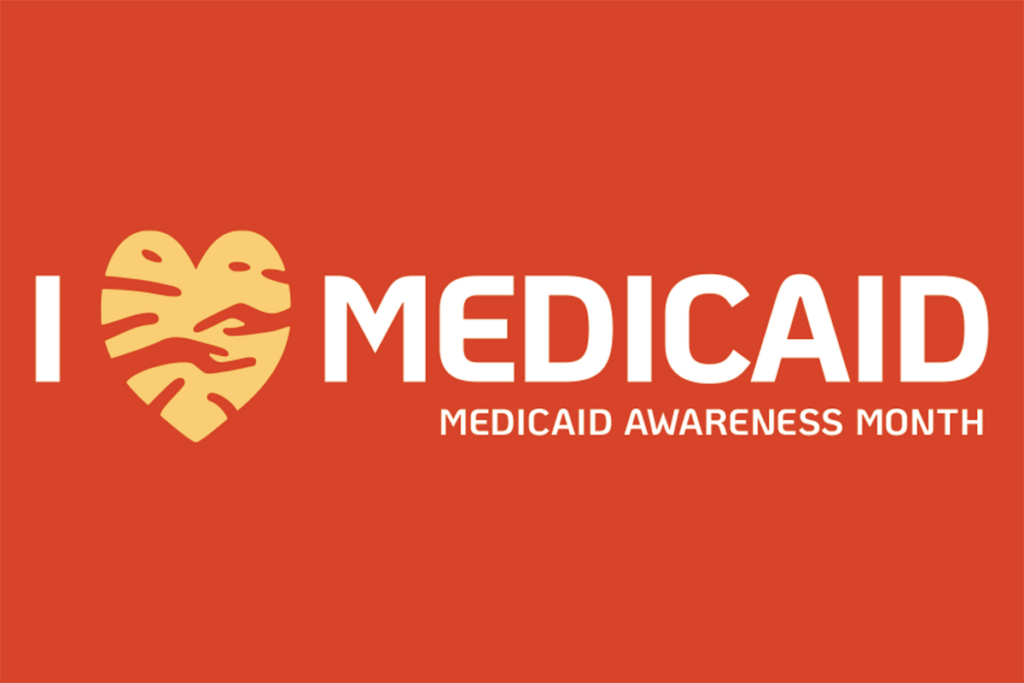Big Love for Lahaina
A new Maui nonprofit, Kaibigan Ng Lahaina, is increasing access to recovery services for Lahaina's Filipino community members.

After the Maui wildfires in August 2023, “we didn’t know we were going to start a nonprofit,” says Eric Arquero, the executive director of Kaibigan ng Lahaina (KnL). But what started out as a concerned group of community members—meeting to coalesce their individual efforts to help their neighbors, friends, and families impacted by the fires—has today grown into a robust 501(c)(3) serving the needs of the Filipino community in West Maui and beyond.
The group takes its name from a Tagalog word, kaibigan, which can mean “friend,” and has a root word, ibig, which translates to “love.” The nonprofit’s primary goal is to serve the significant portion of fire-affected Lahaina Filipino residents who have not been accessing recovery resources due to unique challenges, including language barriers and cultural norms relating to things such as Westernized mental healthcare services.
With the financial support of a $1.6 million grant, distributed over two years, from the Maui Strong Fund of the Hawai‘i Community Foundation (HCF) in late 2024, KnL is providing culturally connected services in four main areas: community case management, mental health support, workforce education and training, and cultural educational programs.
“KnL is filling a gap in services for the Filipino community—a community that data shows is not engaging in most resources available to those impacted by the fires,” says Kehau Meyer, HCF’s senior program officer for the Maui Recovery Effort. “We’ve learned that the recovery of Lahaina is both an individual and a communal experience, and KnL is one of a few organizations uniquely positioned to help navigate the obstacles facing the Filipino community.”
Arquero points out that the Filipino community in West Maui is not a monolith: “There are people who have been here for generations and then people who have immigrated within the past 10 years. Everyone has different needs, and our challenge is to meet all those needs.”
The group also seeks increased visibility and a better, more nuanced understanding among the general public of what it means to be Filipino in Hawai‘i. “We represent a variety of professions,” notes Arquero. “We’re not just working in the service industry. We have someone with a PhD on our board; a lot of us on the board have master’s degrees. We want to do work that speaks to our Filipino community and to our cultural values but also rewrites the narrative of what people expect about our socioeconomic status.”
While KnL is very much boots on the ground at this point, Arquero says the group is working to evolve, moving from recovery efforts into building resiliency and revitalization.
“We have no intention of closing shop,” he says. “We consider what lies ahead, three years, five years, 10 years, and plan to evolve our programming accordingly. We want Filipinos to feel like Lahaina is home, that they can share what they have to offer, whether that is educational or economic or cultural. As long as there are Filipinos in West Maui, and Hawai‘i as a whole, we want them to succeed.”
For Arquero, and for much of his team, these efforts are deeply personal.
“To be able to do this work in a way that is addressing macro issues but also the micro necessities of individual families, it’s given us the opportunity to find healing for ourselves,” he says. “To restore and recover as a community.” For more information about KNL, visit Kaibigannglahaina.org and to learn more about the Maui Strong Fund, visit hawaiicommunityfoundation.org.






